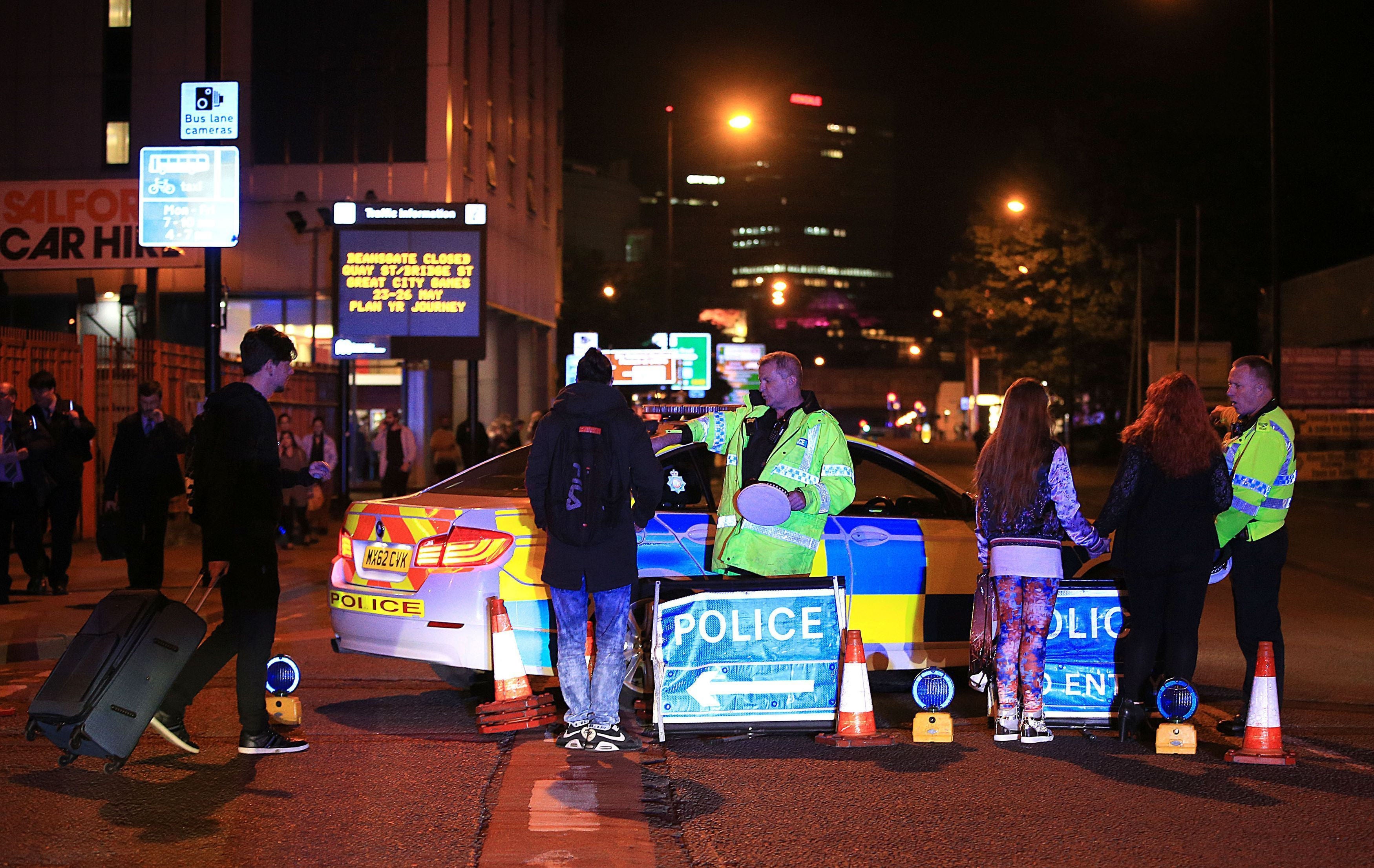Police chief apologises for ‘unacceptable’ failings in Manchester Arena bomb response
He said a failure to notify other emergency services of the declaration of Operation Plato and a failure to establish effective inter-service communications was ‘unacceptable’

A police chief has apologised “unreservedly” for failings by Greater Manchester Police in the emergency services response to the 2017 Manchester Arena bombing.
Deputy Chief Constable Ian Pilling gave evidence at the public inquiry into the attack, which killed 22 people.
He began by offering condolences to those affected by the events which took place in May 2017. He went on to address the failings of GMP, particularly in coordinating with other emergency services such as the fire and rescue service and paramedics.
He said: “The response of so many of our staff, particularly first responders on the night, was exemplary, extraordinarily brave and quite humbling.
“However, I would like to acknowledge and apologise for failings by Greater Manchester Police, principally failing to carry out the basic functions of Jesip (Joint Emergency Services Interoperability Principles) in the early stages of the incident which impacted considerably on joint working.”
He said a failure to notify other emergency services of the declaration of Operation Plato - a pre-planned response to a terror incident - and a failure to establish effective inter-service communications was “unacceptable and we apologise for this unreservedly”.
“This is an apology not just to the victims and the families but also to all those affected by the attack including our emergency services colleagues,” he said.
He added: “I would like to give absolute assurance our efforts to address these failings and any others which are identified will continue in the future.”
In March, Sergeant Matthew Martin, of British Transport Police, told the inquiry he was frustrated at the lack of paramedics at the scene.
It was 40 minutes until paramedics arrived on the scene and only three paramedics entered the scene of the attack.
Before paramedics arrived, Sgt Martin assisted in transporting casualties on makeshift stretchers, such as hoardings and crash barriers, from the City Room down to the concourse at nearby Victoria rail station.
The fire and rescue service attended more than two hours later.
Today, the inquiry has heard the other blue light emergency services were unable to get through to the phone line of GMP’s force duty officer, the initial commander of the incident.
Mr Pilling agreed with Nick de la Poer QC, counsel to the inquiry, it would be a “wholly unacceptable state of affairs” if the inquiry found issues that arose at a terror attack training exercise in the summer of 2016 manifested again in May 2017 to the detriment of those who were affected.
Communication failings between GMP and the fire and rescue service arose in the 2016 training exercise and in another in March 2017, when the police officer nominated to declare a marauding terrorist attack said they did not have time to give a “running commentary” to fire and ambulance services because of the number of tasks they had.
The inquiry was told that GMP saw a reduction in police officers of just more than 2,000 between 2010 and 2017, but Mr Pilling stated: “I wish to make it clear that I do not seek to use austerity and the cuts as a reason or excuse for many of the areas where we should have done better.”
Mr Pilling said there would have been enough time, so far as GMP was concerned, to put in place the majority of actions by then.
Mr de la Poer asked: “From what you have seen of the evidence, was there sufficient resilience around the FDO (force duty officer) on the night of May 22nd?”
Mr Pilling replied: “I believe if certain things had been in place or if actions had been allocated in a certain way by the FDO then in terms of the number of people, the resilience around him, I believe yes there was.”
He agreed there was insufficient effort put in up to the first 90 minutes after the explosion to ensure all emergency service partners co-located at a rendezvous point.
He accepted GMP must share a responsibility for that failure as it was the primary partner in the terrorist response and was expected to take the lead.
Mr Pilling will continue to give evidence when the inquiry resumes next Monday.
Additional reporting by Press Association
Join our commenting forum
Join thought-provoking conversations, follow other Independent readers and see their replies
Comments
Bookmark popover
Removed from bookmarks